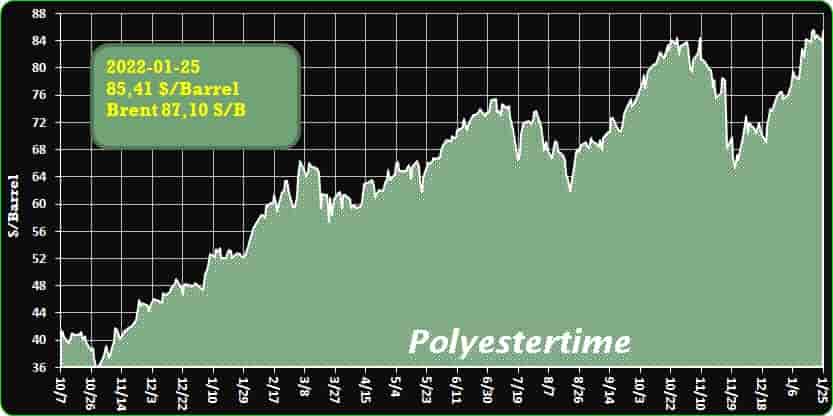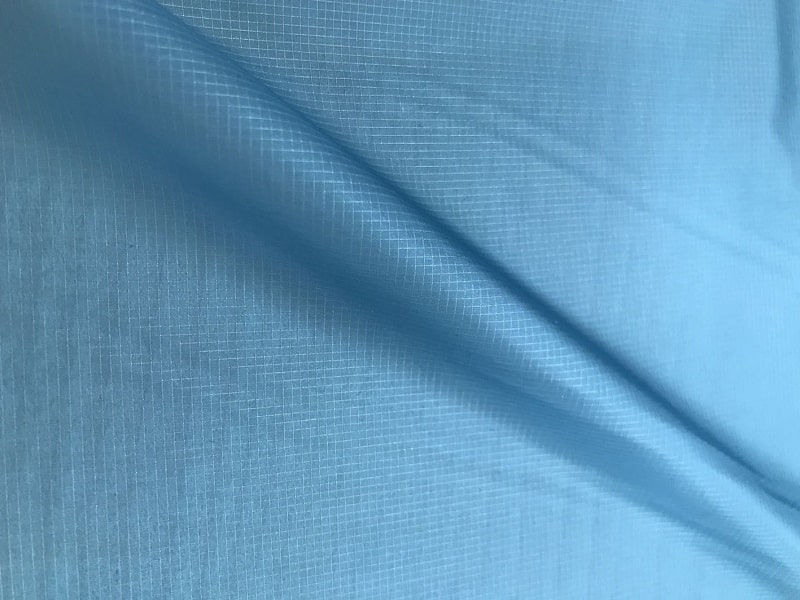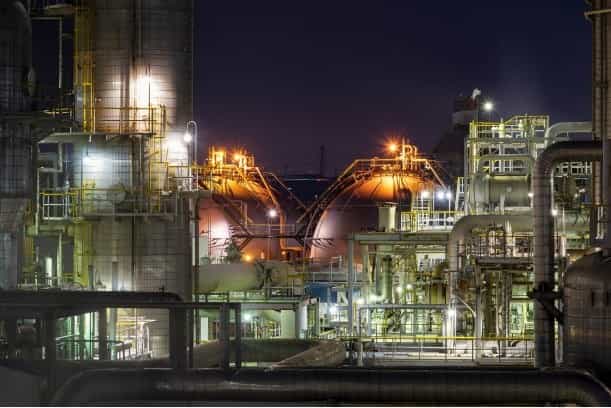Light-Stabilizing-Masterbatches-Plant-based-nylon 25-01-2022 - Arhive
Light-Stabilizing-Masterbatches-Plant-based-nylon
Crude Oil Prices Trend

-Toray introduces 100% plant-based nylon
Ecodear N510 is made by polymerizing sebacic acid from castor-oil plants and pentamethylenediamine from corn and spinning waste.
Toray Industries, headquartered in Tokyo, Japan, has developed a nylon 510 fibre that incorporates 100% biobased synthetic polymer content as defined under ISO 16620-1: 2015, the international standard for the biobased content of plastics.
Ecodear N510, will be the first 100% plant-based nylon fibre in Toray’s Ecodear lineup. Light-Stabilizing-Masterbatches-Plant-based-nylon
The company has created diverse potential applications for Ecodear N510 as a sustainable offering for high-end markets. While primarily for sports and outdoor fabrics, they extend to lightweights, cut-and-sew fabrics amd innerwear lace materials.
Toray plans to begin Ecodear N510 textile sales for Autumn/Winter 2023 with an initial production volume to be 200,000 metres by the end of March 2023 growing to 600,000 metres in March 2026. Ecodear N510 fibre sales are targeted for Autumn/Winter 2023 2024, with an expectation of a monthly supply of three metric tons monthly in the year ending March 2024. Light-Stabilizing-Masterbatches-Plant-based-nylon
In the early 1950s, Toray became the first Japanese company to manufacture nylon. Apparel and other wide-ranging applications over the years have reflected the fibre’s excellent flexibility, durability, wrinkle resistance and washability.
Toray already offers partially plant-based polyester, nylon and other polymers. It developed Ecodear N510 by polymerizing sebacic acid from castor-oil plants and pentamethylenediamine from corn and spinning waste.
Unlike other wholly plant-based nylons, Ecodear N510 has a high melting point and outstanding dimensional stability. It is as strong and heat-resistant as nylon 6, the company says. Light-Stabilizing-Masterbatches-Plant-based-nylon

-ISCC-Plus for biomass-acrylonitrile
Recent demand has been particularly robust in applications for carbon fibre.
Tongsuh Petrochemical, a wholly owned subsidiary of Asahi Kasei based in Ulsan, South Korea, has acquired ISCC Plus certification for its acrylonitrile (AN) as a sustainable product, and production of AN using biomass propylene is scheduled to begin in February 2022. Light-Stabilizing-Masterbatches-Plant-based-nylon
The certification system enables TSPC to produce and sell AN using biomass raw material allocated by the mass-balance method.
AN is used as a raw material to make acrylic fibre, ABS resin, acrylamide and various other chemical products. Recent demand has been particularly robust in applications for carbon fibre for composites and nitrile rubber for medical gloves.
In order to achieve carbon neutrality by 2050, measures to reduce CO₂ emissions throughout the product chain of fossil fuel-derivatives are gaining momentum, and AN customers are increasingly seeking to manufacture products using AN with low CO₂ emissions in order to contribute to GHG reduction.
Light-Stabilizing-Masterbatches-Plant-based-nylon 
–Toray introduces 100%–plant-based-nylon
–ISCC-Plus for biomass-acrylonitrile
–Ecoibéria & WorldPET are now part of Logoplaste
-Q&A regarding PET-bottle-chip market pre-Spring Festival holiday
–Light-Stabilizing-Masterbatches for Polyolefin-Based-Molded Automotive-Components and More
–Faurecia streamlines international procurement process with OpenText
–Euratex report: “Brexit has been a lose-lose deal for the textile-industry”
–MonforClean brings big savings for Albarrie
Light-Stabilizing-Masterbatches-Plant-based-nylon
